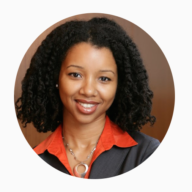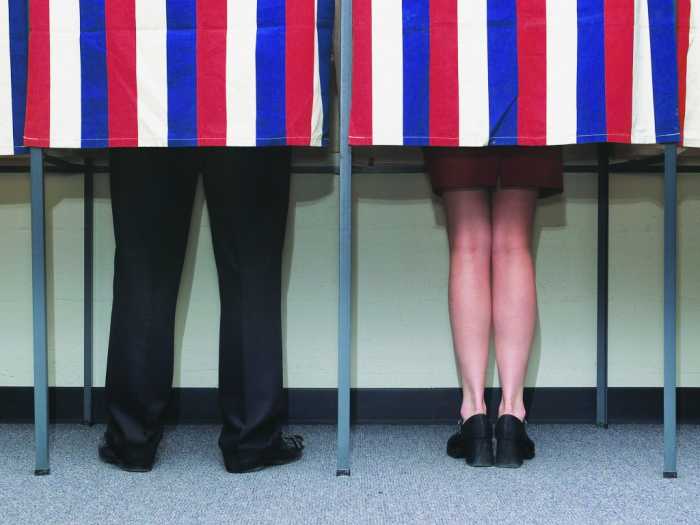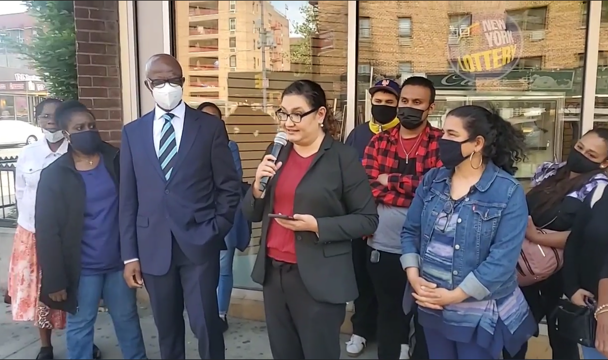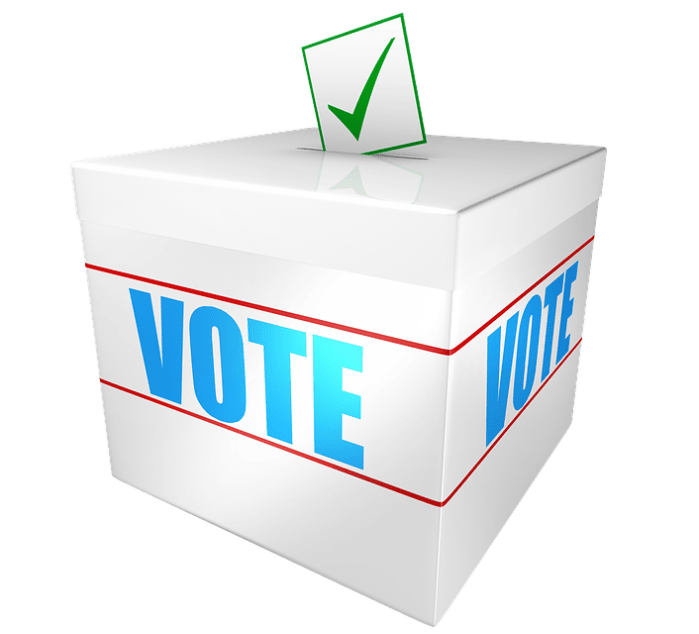New York City voters of African descent comprise roughly 20% of the Democratic electorate, making them one of the most powerful voting blocks in New York City. Despite misplaced concerns that ranked choice voting would be too “sophisticated” for this demographic to manage, Black voters engaged the new voting system in one of the most consequential elections in New York City history. As a result of their meaningful participation rates, this voting block played a decisive role in the likely election of the second Black Mayor and the most diverse City Council ever.
In spite of this success, some politicians — including several leaders of African descent – used the election cycle to pound a steady drumbeat of doubt and fear in the lead up to the election. Others persisted with erroneous predictions that Black voters would be disenfranchised by RCV and further eroded trust in the democratic process by claiming that ranked choice voting disenfranchises Black voters. That’s patently false. At a time when voter suppression is running rampant across the country, it’s irresponsible to wage this misplaced war on ranked choice voting, when the truth is that this system more equitably centers the voices of historically marginalized voters.

RCV is a more equitable system for candidates of color — a fact that we knew even before the groundbreaking results of our recent election, which speak for themselves. To be clear: the data doesn’t lie. Exit polling shows that Black voters took full advantage of ranked-choice voting. 43% of Black voters ranked five candidates for the mayoral race – falling just behind white voters, of which 45% ranked five candidates. And there was no knowledge gap either: 77% of Black voters said they understood ranked-choice voting, and 93% found their ballots simple to complete — numbers right in line with what we saw for voters across demographic groups.
Considering Black voters only won full access to the vote 57 years ago with the passage of the 1964 Voting Rights Act — and since right-wing zealots have spent the past 57 years trying to revoke it — that’s pretty impressive. But 57 years of learning how to vote under a winner take all system means Black New Yorkers, like every other voting demographic, still have to develop our ranked-choice voting muscles. In the face of this data, it’s a mistake for City leaders like Mayor de Blasio to determine the success of the RCV system by looking at the number of candidates that New Yorkers across different communities ranked on their ballots, which he did at a recent press conference, saying:
“If it turns out, conversely, that we see a real skew, then I think it’s time to reassess, because what I don’t want to see a system that enfranchises some people and not others,”
We at the Center for Law and Social Justice at Medgar Evers College, CUNY engaged in extensive voter education ahead of the election, in an effort to do our part to ensure communities of African descent knew how to fully exercise their power in the new system. In addition to our partnership with the Brooklyn NAACP, CLSJ hired a group of Street Team Educators to teach Black New Yorkers about the RCV system. With NYC support, we also trained a team of RCV student interns from Medgar Evers College who spread out across the City to provide culturally competent voter education. Our teams reported that the voters they encountered were excited when they learned that ranking candidates 2-5 didn’t hurt their first choice while others preferred to stick with one. That’s one of the benefits of ranked-choice voting — it allows the voters to decide how they want to use their power. We saw this in exit polling too — 65% of voters who only ranked one candidate did so because they only liked one candidate. Voting for just one candidate is a valid choice, and shouldn’t be taken to indicate that someone doesn’t understand how to rank.
To be sure, the primary was not without its challenges. The erroneous inclusion of test ballots in the release of election results data certainly marred the post-election outcome. That said, considering the lengthy history of glaring New York City Board of Elections (BOE) missteps, few were surprised – especially in light of the fact that advocates had long pressured the BOE to better prepare for the vote tabulation portion of the electoral process. Indeed, this error was simply further evidence that the BOE is in desperate need of reform which activists have long maintained. However, that is a longstanding issue that existed separate and apart from the experience that voters had at the RCV ballot box.
Additionally, the education efforts to prepare New Yorkers for RCV began far too late in the election cycle. Not only did the city officials drag their feet in preparing a RCV voter education program, but unfortunately, many elected officials also took a lackadaisical approach to voter education. Instead of working to actually prepare voters in their districts, they wasted precious time filing frivolous lawsuits, holding press conferences bemoaning the difficulties of voter education in a pandemic, all while community-based organizations were actually doing the work of educating voters in traditionally marginalized communities – during the very same pandemic.
New York City voters approved ranked-choice voting because it is a more democratic system of voting. Voter suppression is rampant across the country, but in New York City, we are expanding access to democracy, to the benefit of marginalized communities. This expansion is not perfect, nor is it complete. While we can all acknowledge the additional work that needs to be done, our hope is that during the next election cycle, instead of resorting to right-wing voter suppression talking points strategies that seek to undermine public faith in the election process, City leaders will work more closely with community-based organizations to ensure we are all doing our part to center the needs of the voters.
Lurie Daniel Favors, Esq. is the General Counsel for the Center for Law and Social Justice at Medgar Evers College, CUNY in Brooklyn.
Editor’s Note: It is the policy of PoliticsNY to post nearly all op-eds it received. The views of these op-eds do not reflect the views of PoliticsNY.










